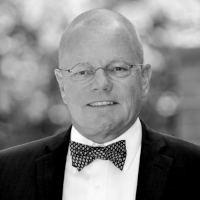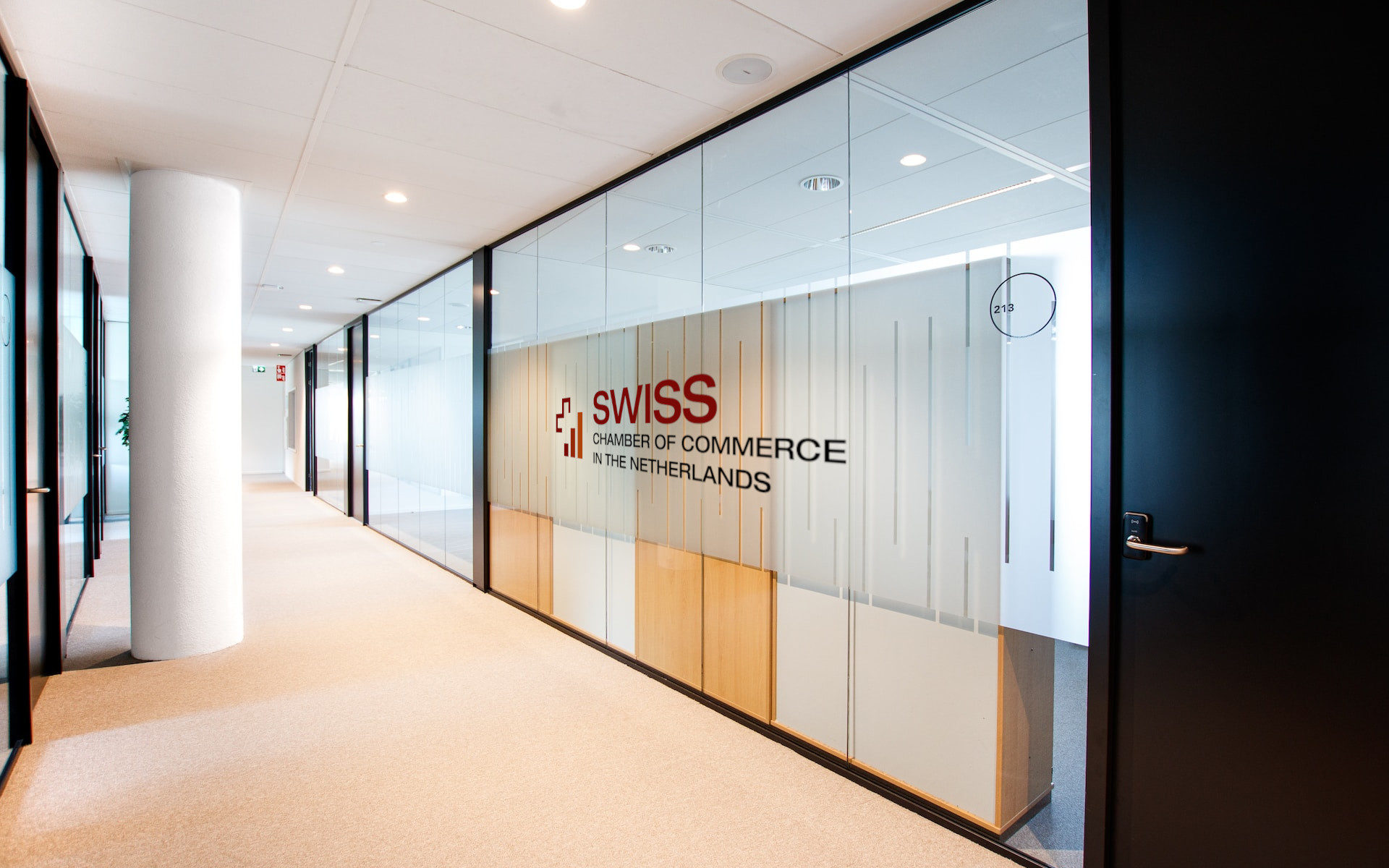What we do
Located in The Netherlands since 1933, the SwissCham NL is an independent Dutch private foundation focusing on international business development. We connect private companies that have expansion plans with relevant counterparties in Europe to facilitate market access and strategically grow their businesses. The SwissCham NL also links companies to suitable professional investors and strategic partners, who are carefully selected from the associates in our network. In doing so, the SwissCham NL guides a wide variety of companies to their entrepreneurial future.
Board members

Oliver von Borstel, President | Oliver von Borstel is an expert in business development and the CEO of Masters of Business Development

Bob Juchter van Bergen Quast, Chief Executive Officer | Bob Juchter van Bergen Quast is a corporate lawyer.

Stefan Sollberger, Managing Director Switzerland | Stefan Sollberger is a financial expert and director of Sollberger KMU Treuhand.
Ambassadors
Our Ambassadors are business leaders who are committed to helping the SwissCham NL fulfil its mission by facilitating economic prosperity and engaging in business opportunities. They focus on high-growth and scale-up businesses and are renowned as the voice for international business. Our ambassadors have no authority or ability to negotiate or vary the services or the terms of the services, or enter into any contract on behalf of the Chamber. Persons not listed below are not ambassadors of the SwissCham NL.
HSH Georg-Victor Prinz zu Bentheim-Steinfurt
HH Georg Alexander Herzog zu Mecklenburg
HH Aaron Boakye-Danquah, BBA
Mr. Charles Rouse, Lord of South Clifton
Ms. Diana Cherepkova
Mr. Robert Veldhuis
Mr. Peter Goetz
Mr. Jürgen Kob
Dipl.-Ing. Haimon-Ferdinand Freiherr von Malapert-Neufville
Mr. Thai Nguyen
Mr. Andries Juchter van Bergen Quast
Mr. Marcus Parade, MBA
Dr. Urs Spitz, MA, PhD
History
Switzerland and the Netherlands boast a long-standing trade partnership fuelled by geography, shared economic goals, and strategic agreements.
Early Collaboration (1917-1972)
The foundation was laid in 1917 with Dutch Chambers of Commerce opening in Switzerland, followed by a Swiss counterpart in Amsterdam (1933). Though the Great Depression presented hurdles, the post-war era saw a surge in collaboration. Both countries actively participated in European economic integration efforts like the European Coal and Steel Community (1952) and the EEC (1957).
Formal Agreements and Growth (1951-2024)
A double taxation treaty (1951) and a trade agreement (1957) provided a legal framework for thriving trade. The development of Rhine River shipping after 1950 further facilitated the flow of goods between the two nations. The 1972 free trade agreement between EFTA and the EEC, along with subsequent bilateral agreements between Switzerland and the EU (1999), solidified their commitment to economic openness.
Current Interdependence (2008-2024)
The success of this partnership is evident in trade figures. In 2008, Switzerland exported 6.3 billion Swiss francs worth of goods to the Netherlands, while importing 9 billion Swiss francs in return. Swiss direct investments in the Netherlands, particularly in banking, insurance, and chemicals, reached an impressive 130 billion Swiss francs by 2024. Dutch investments in Switzerland were even higher, reaching 309 billion Swiss francs, making them the top EU investor in the country.
This interdependence highlights the significance of the Swiss-Dutch trade relationship. Strong legal frameworks, geographical proximity, and a shared vision for economic integration have created a thriving economic partnership.
Looking Forward
The SwissCham NL has transformed from a bilateral facilitator to a dynamic consultancy firm. Now, we act as a vital link, connecting ambitious entrepreneurs from the German-speaking countries, Scandinavia, and The Netherlands with a global network of professional investors. This strategic matchmaking empowers these businesses to secure the capital needed to thrive on the international stage.

